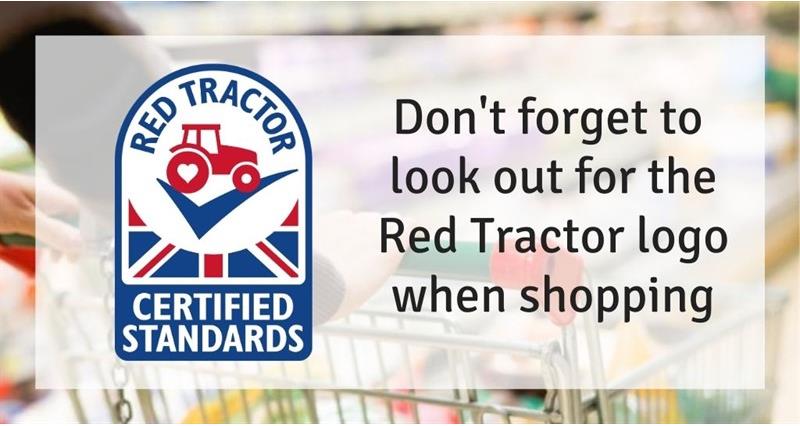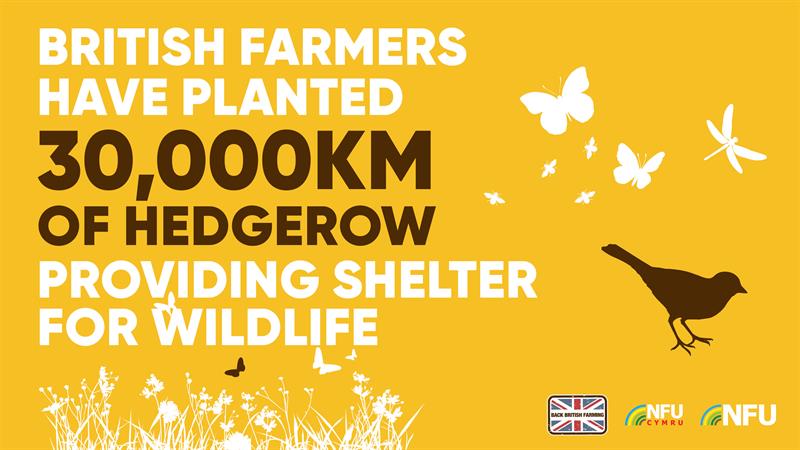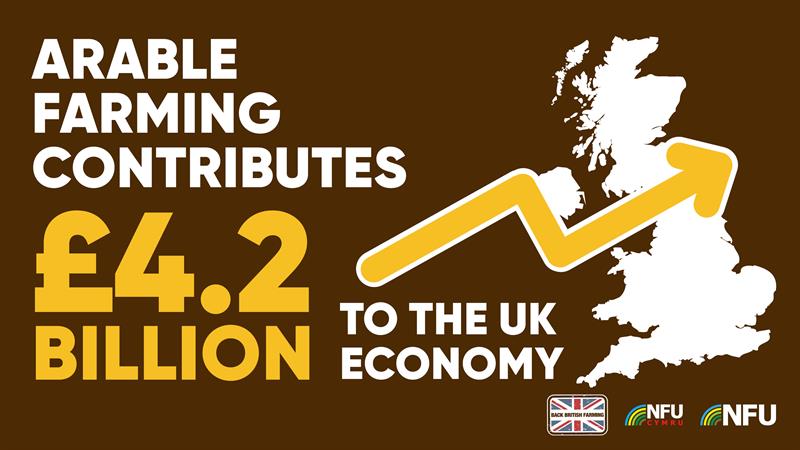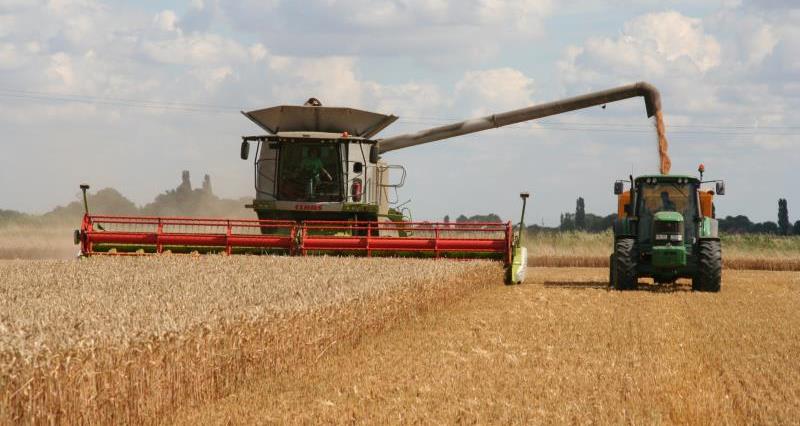The UK has some of the highest crop yields in the world, largely thanks to our maritime climate. To this end, the amount of crop from 1 hectare in the UK equates to that of 2 hectares elsewhere in the world. However, it’s not just food that the crops sector can provide. Wheat can be turned into bioethanol for use in biofuel, helping to power cars and drive towards our climate change targets. British farming has a role in tackling climate change and the NFU - which represents 55,000 British farmers - recently outlined its aspiration for net zero agriculture by 2040. This process also creates a very high protein animal feed. Crops such as oilseed rape create oil for cooking or can also be turned into biofuel for engines.
About the industry
The crops sector represents all arable farmers. An arable farmer is a farmer who grows ‘cereal crops’. This includes wheat, barley and oats, which are all harvested using a combine harvester.
Wheat, barley and oats are the most common arable crop. Wheat is the most widely grown arable crop in the UK. In 2019, Uk farmers produced over 16 million tonnes of wheat. Wheat is ground into flour, which you will find in a huge range of food, from bread and cakes to biscuits and breakfast cereals. British barley growers produced 8.1 million tonnes of barley in 2019, which is a key ingredient in beer and whisky, as well as the raw ingredient of malt vinegar. Some arable farmers also grow oilseed rape which is ground into cooking oil.
This depends on the crop and time of year. Most cereals are harvested form the middle of July and run through August, but the weather can have a huge impact on this. A typical cycle for an arable farmer starts in September when the ground is worked and the seeds are sewn. In spring time the crops start to grow rapidly, and fertiliser is applied to give the crops the nutrition they need. Harvest then starts again in July time where the crops are harvested and brought into the grain store.

The crops sector and the environment

As well as producing our food, British farmers go to extensive lengths to take care of the countryside. One of the ways they do this is through Integrated Pest Management which combines farming techniques to manage pest, disease and weed pressures.
An example of this is how British oilseed rape producers can protect their crops from cabbage stem flea beetles – by utilising a number of techniques including sheep grazing management.
Mike Hambly, an arable farmer in Cornwall, says: “I think it’s never about just one approach. I select varieties that have a naturally higher disease resistance, rotate my crop, and cultivate the soil, all to limit the requirement to apply plant protection products.”
Arable farmer Darren Bickmore believes the environment and farming go hand in hand. "A farmland without wildlife and being hand in hand with the natural environment would be a very barren wasteland indeed. Everything from the smallest bug to the oldest tree makes the farm what it is. The balance between the farmed land and the natural environment is a fine one that needs nurturing as each should benefit the other.”
The crops sector and economy

The UK arable sector is worth £4.2 billion to the UK economy and provides over 100,000 jobs. In the past decade, UK beer exports contributed £500 million to the economy – this is all thanks to the British barley and malt. British barley is also a key ingredient in Scotch whisky which is worth £4.36 billion and equates for 20% of all UK food and drink exports.
Supporting the industry
Make sure you look out for the Union flag and Red Tractor logo on your packaging when shopping. Weetabix, McVities, Warburtons, Hovis and Nestle are just a few of the brands that you’d recognise that are made of British ingredients. British crops are produced to some of the highest standards in the world and supporting British produce is the best way to help your local farmers.
